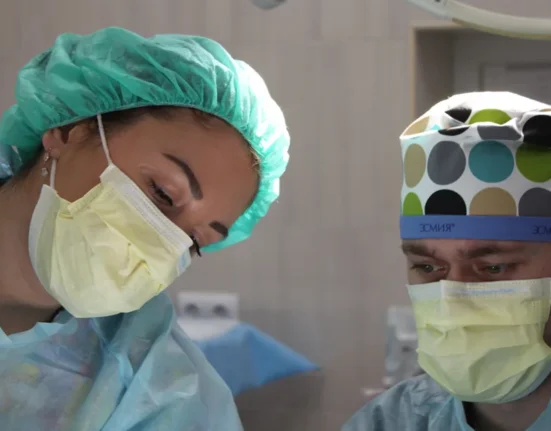The Red flags in the NMC OSCE indicates any behaviour that is demonstrated during the OSCE that would be considered as unsafe or unacceptable. Preparing for the NMC OSCE can be a daunting task. The OSCE is designed to simulate a clinical environment and test the competency of nursing and midwifery candidates in a controlled setting. However, even the most prepared candidates can falter by missing crucial steps. Understanding the common errors and red flags in the NMC OSCE is key to ensuring you pass the exam without hitches.
Recognise the Red Flags in the NMC OSCE
Red flags in the NMC OSCE are critical mistakes that result in an automatic fail. These are actions or omissions during the exam that could potentially harm a patient or demonstrate a significant lapse in professional judgment or safety. Here are some pitfalls to avoid:
1. Time Management
Every station of the OSCE is timed strictly. Failing to complete the tasks within the allocated time is a common error that leads to failing the station. Effective time management is crucial, and practicing within set time limits during your preparation can greatly enhance your performance.
2. Hand Hygiene
One of the most serious red flags is neglecting hand hygiene before patient interaction. This error not only poses a risk of infection but also shows a disregard for basic nursing protocols. Always ensure that you perform proper hand hygiene before touching the patient.
3. Documentation
Completing all required documentation within the time frame of each station is essential. There is typically a clock in each exam room to help you keep track of time. Missing documentation or incomplete records can significantly impact your score.
4. Reading and Understanding Scenarios
A common mistake is misinterpreting or skimming over the scenario and instructions provided. Take the time to read carefully and understand what is required before beginning your tasks. This will prevent unnecessary errors and ensure that you are meeting the examiners’ expectations.
5. Effective Communication
Communication is key in the healthcare setting. During the OSCE, how you communicate with the patient (played by an actor) and the examiner are both assessed. Clear, concise, and respectful communication can improve patient interaction and reflect your ability to function effectively as a healthcare professional.
6. Patient Identity and Allergies
Forgetting to check the patient’s identity or allergies is a mistake that can have serious implications in real-world settings. Always verify the patient’s identity by asking them directly or by checking their wristband or chart. Similarly, confirm any allergies to ensure their safety during the procedure.
7. Obtaining Patient Consent
Before performing any procedure, obtaining explicit consent from the patient is mandatory. This is an ethical requirement as well as a test criterion. Make sure to verbally confirm consent with the patient to demonstrate your compliance with legal and professional standards.
Discuss your OSCE preparation needs with our experts and start your journey to success.
Schedule a free consultation today!


Conclusion
The NMC OSCE is a crucial step towards becoming a registered nurse or midwife. By understanding and preparing for these common errors and red flags in the NMC OSCE, you can enhance your chances of success. Remember, thorough preparation and attention to detail are your best tools for passing the OSCE. Good luck!
Free Consultation: Chat now with a Mentor

















Leave feedback about this